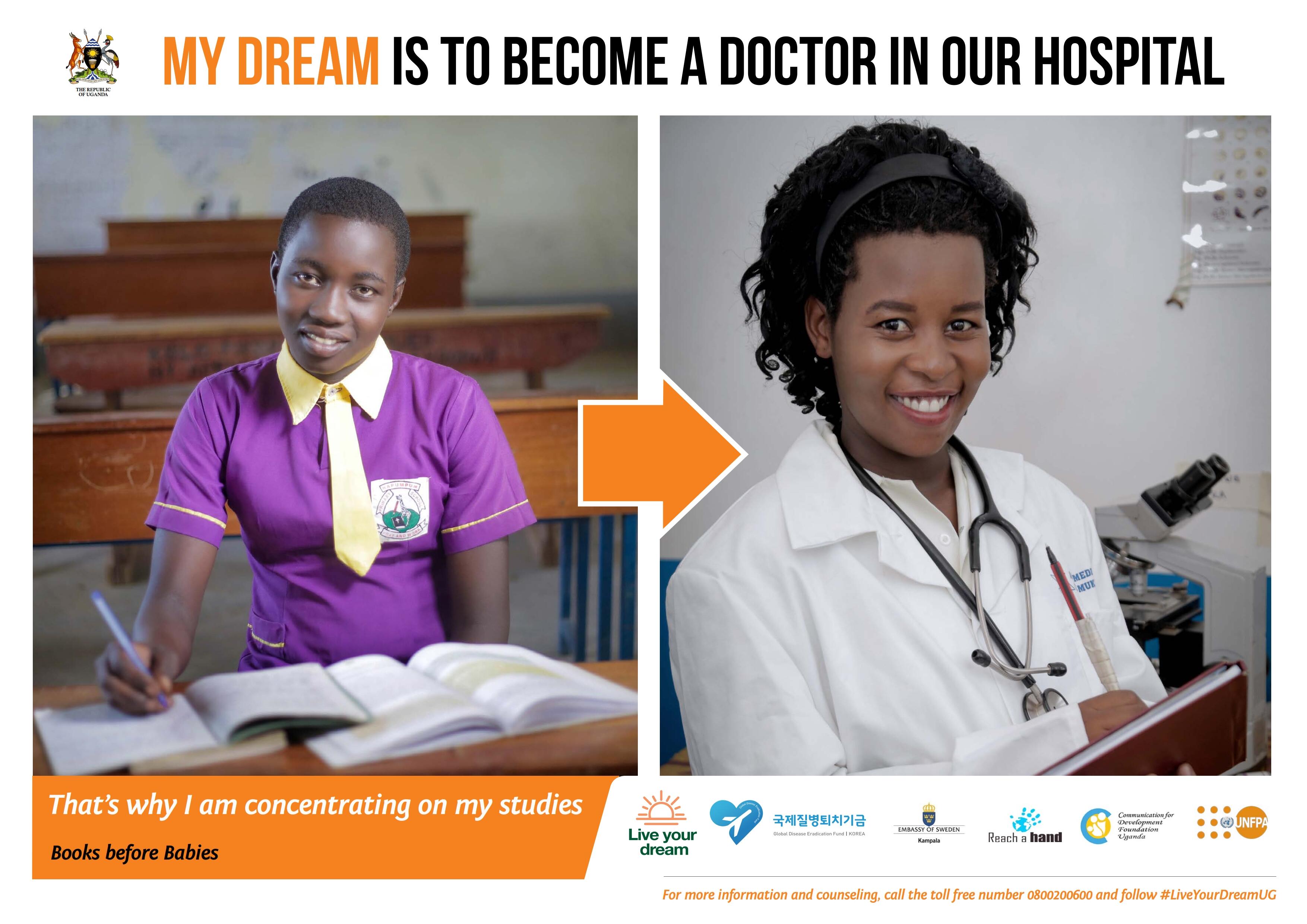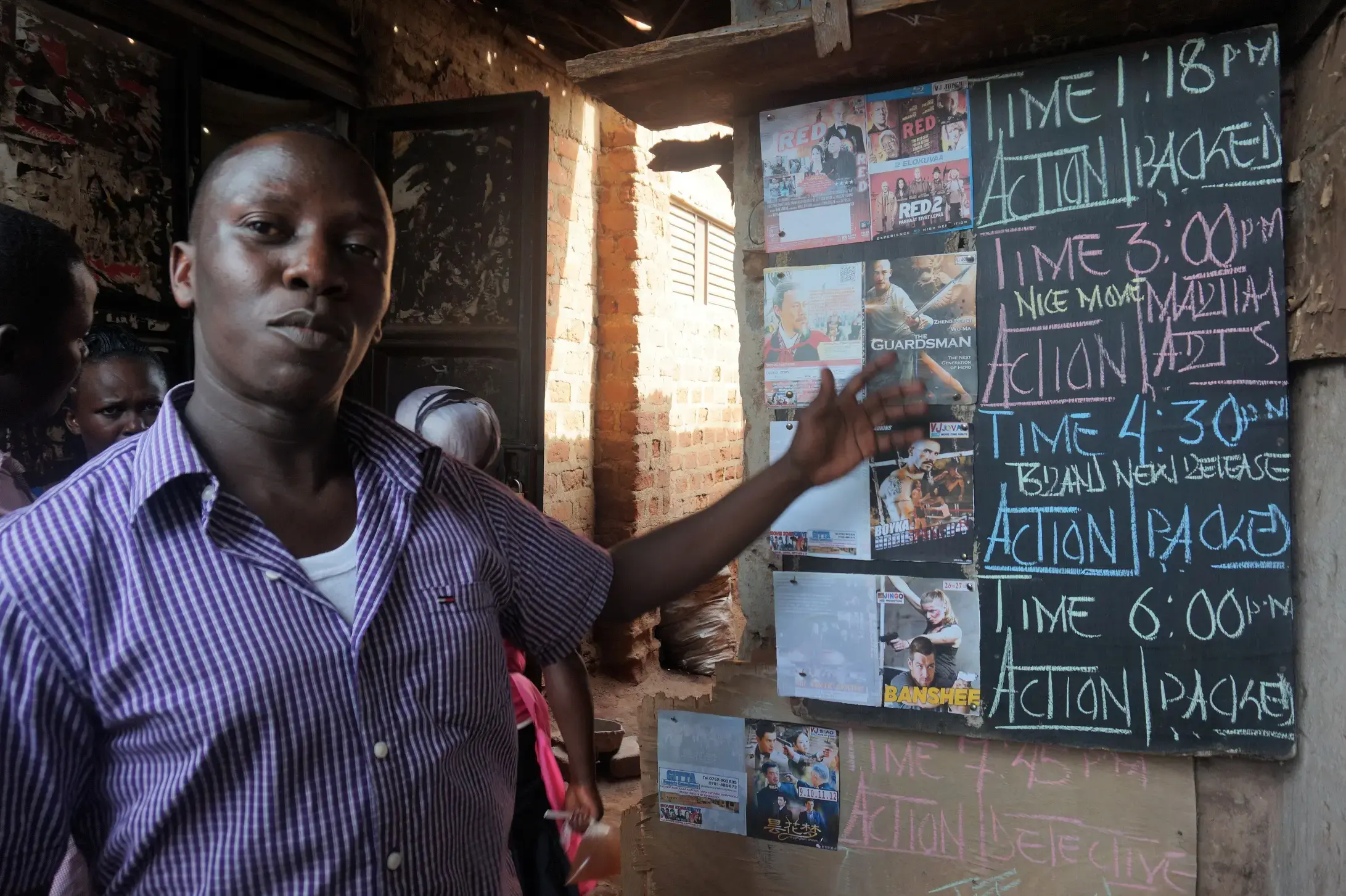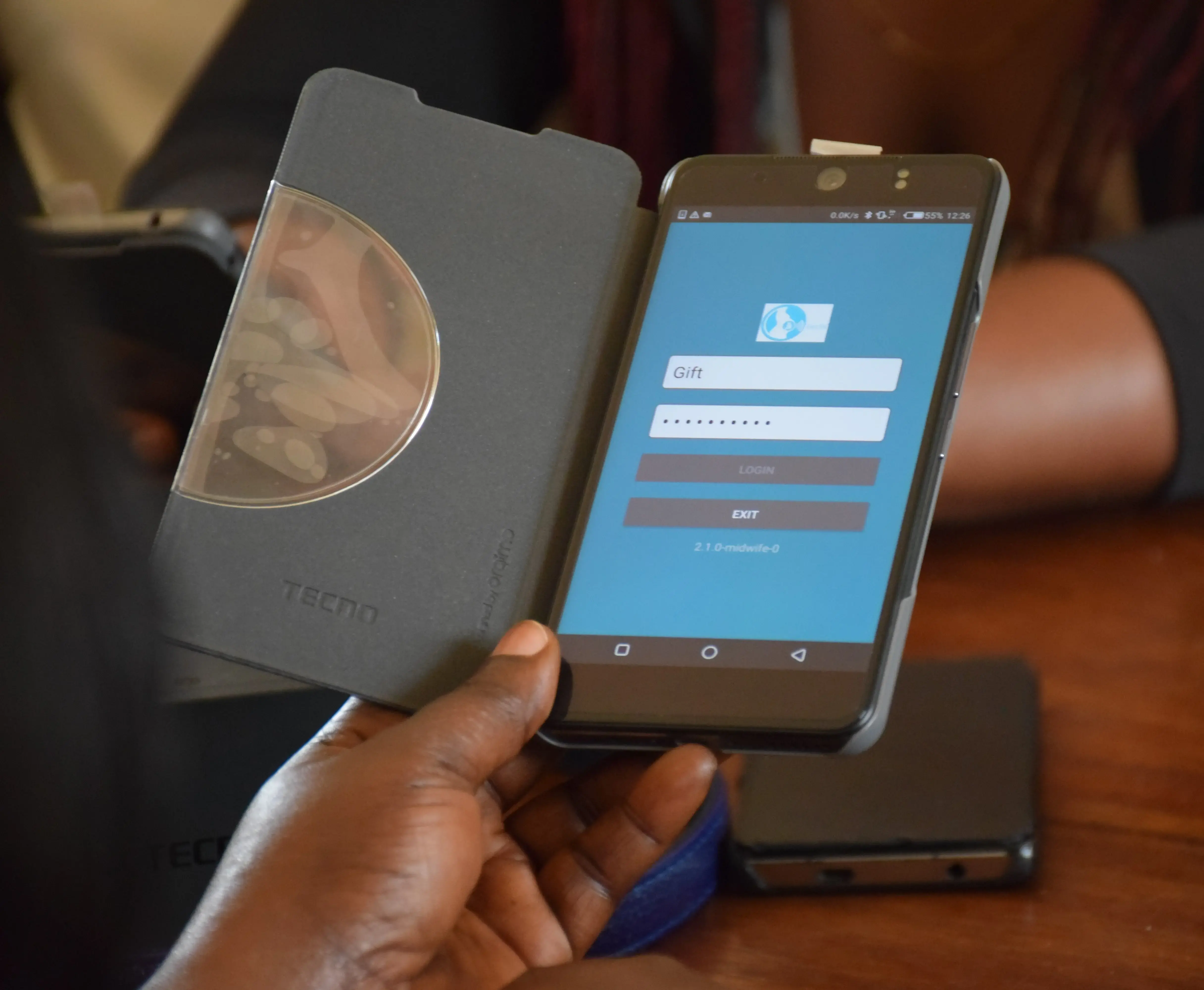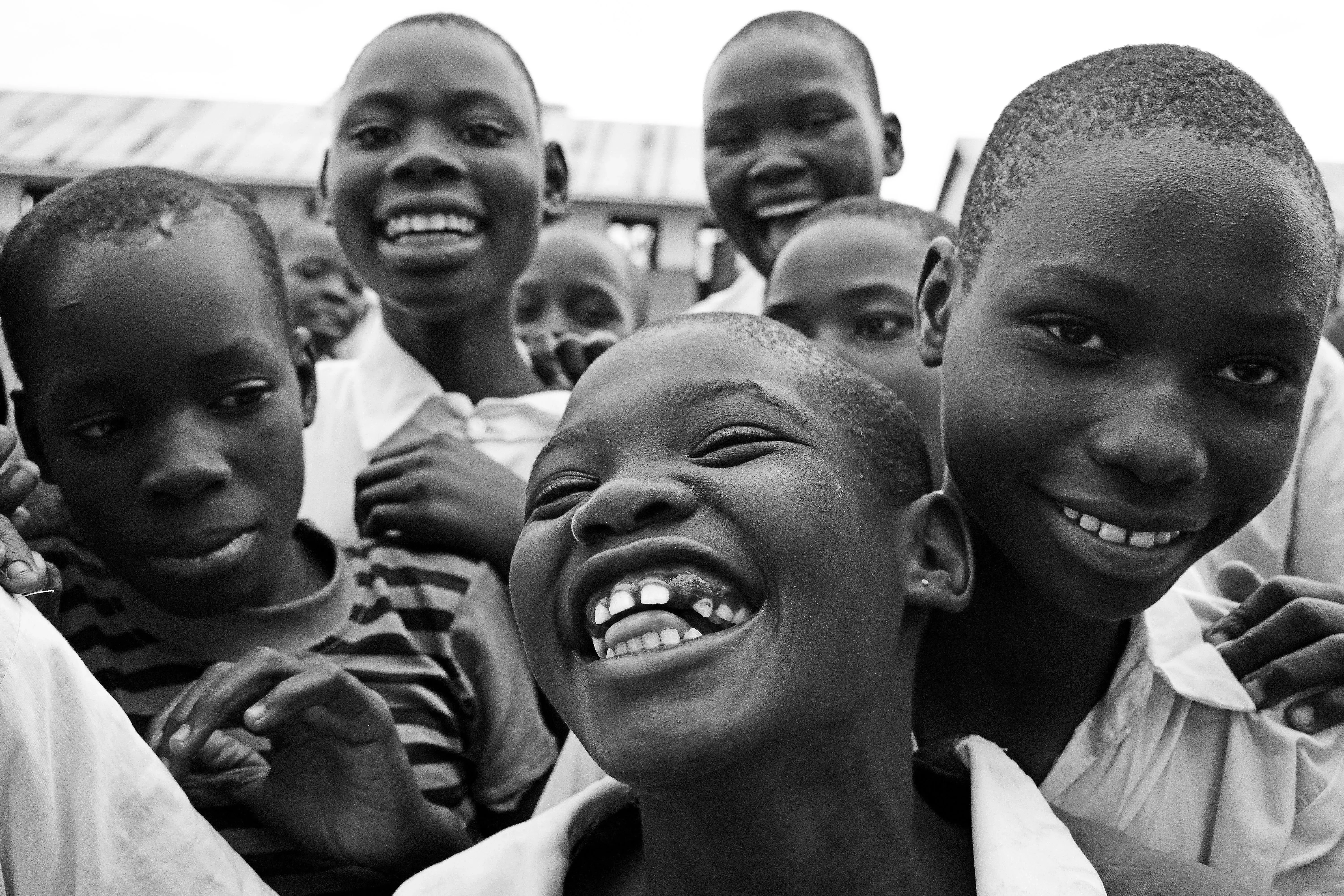Kotido, Uganda - At 15 years, Irene was coerced into marriage. She had dropped out of Form Six after her parents failed to pay school fees.
“When a boda-boda rider (special hire motorcyclist) from the neighborhood approached me for marriage, I thought it was an opportunity for me to get money for school fees,” she narrated.
In 2016, Irene left her parents’ home to live with her husband who was very caring and supportive, it did not take long before she got pregnant and gave birth.
However, life got very hard when her husband got another woman. “He completely abandoned me and did not provide any support,” Irene said.
Recently, in July 2018, a group of boys commonly known as Champions in the campaign to end child marriage rescued Irene from the marriage. They took her back to her parents’ home and approached the school where she formally went so that she could be re-enrolled.
Benefiting from the campaign to end child marriage
Currently, Irene is the Chairperson of the Girl Education Club at Rengen Primary School. She talked with confidence about her role as a leader in the school, narrating how she uses her life story to inspire girls to stay in school and not make the same mistake of marrying too early.
The Girl Education Club is one of the activities under the Global Programme to End Child Marriage. Funded by the European Union, the UK Government and the Netherlands, the programme is jointly implemented by UNFPA and UNICEF in 16 districts across Uganda.

in Arua district, West Nile. © UNFPA /Prossy Jonker Nakanjako
With a focus on empowering adolescent girls’ agency; mobilizing communities for social and behavioral change; as well as strengthening systems for health, education and social protection; the programme has seen over 4,800 girls go back to school. These are girls who had originally dropped out of school due to reasons such as teenage pregnancy or lack of support from parents, so they ended up into marriage.
With the Global Programme to End Child Marriage, communities and leaders are mobilized to provide a supportive social infrastructure for girls who have made a decision to say no to child marriage.
According to Ms. Susan Akot, the Head-teacher at Rengen Primary School, they tried as much as possible to support Irene to stay in school.
“Irene had a zeal to stay in school and her academic performance was promising. Unfortunately, her parents failed to support her education despite her plea. For some time, the school tried to support her hoping that the parents would come in but they completely failed,” said Ms. Akot. “We were disappointed to learn that she got married to a boda-boda cyclist, who later abandoned her.”
Ms. Akot said that when the boys approached her with a request that she allows Irene to re-enroll in school, she was happy to do so. Groups of boys in the communities where the programme is implemented have become Champions in the campaign to end child marriage. They are part of a wider community where over 75,000 people have been reached with messages to end child marriage through dialogues aimed at promoting gender-equitable norms.
Special groups of women, boys, teachers, religious leaders, among others have been mobilized and trained as mentors and change agents. Within the communities, individuals have signed pledge cards committing to report child marriage whenever they see it.
Recognizing UN – Government of Uganda Joint Efforts
According to Mr. Alain Sibenelar, the UNFPA Representative, this has been one of the most rewarding joint UN-Government of Uganda investments for not only has it influenced action to end child marriage at community level, it has also been critical in influencing policy and strengthening systems around the issue.
Reflecting on some of the achievements, Mr. Sibenaler said: “The National Strategy to End Child Marriage and Teenage Pregnancy was launched in 2016; the Adolescent Girl Multi-Sectoral Framework was launched in November 2018; the Gender in Education Policy, focusing on special needs of girls to ensure they stay in school was formulated in 2017; and the National Sexuality Education Framework to empower young women’s knowledge about their sexuality in order to make smart choices was launched in May 2018.”
He stressed that all this has happened as a result of strong collaborative efforts between two agencies - UNFPA and UNICEF that are implementing interventions under one work plan, developed jointly in consideration of the comparative advantage of each agency. “We have one plan, one budget, and one report,” said Mr. Sibenaler.
A joint evaluation process is underway to inform more on the achievements of the programme. Watch this space to hear more success stories like that of Irene.
-By Prossy Jonker Nakanjako & Hamidah Massaguoi





